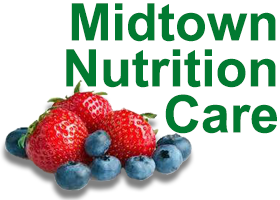VITAMIN D
Vitamin D is a fat-soluble vitamin that is vital for bone health and for your immune system. We get vitamin D when we are exposed to direct sunlight, and from some of the foods we eat. During winter months, and in colder climates, our bodies often don’t make enough vitamin D because there is less exposure to the sun. When we’re not making enough Vitamin D in our body, there might be a need to take a vitamin D supplement to reach appropriate daily amounts. Vitamin D supplementation may also be necessary, even if we are in direct sunlight, if we use sunscreen that blocks the UVB light that helps us make vitamin D on our own.
DAILY REQUIREMENTS
Vitamin D levels in food and supplements are measured in International Units (IU). The Recommended Daily Allowance (RDA) for vitamin D differs by age. Daily vitamin D requirements are:
400 IU for infants up to 12 months
600 IU for ages 1-70
800 IU for age 71 and above
It is possible to take too much vitamin D. The Tolerable Upper Intake Level for vitamin D is 4,000 IU.
SOME FOOD SOURCES
Vitamin D is not found naturally in many foods. However, some good sources are salmon, tuna, egg yolks, leafy greens and mushrooms. Some foods are also fortified with vitamin D during processing, such as dairy products and cereals, which makes them good sources as well.
